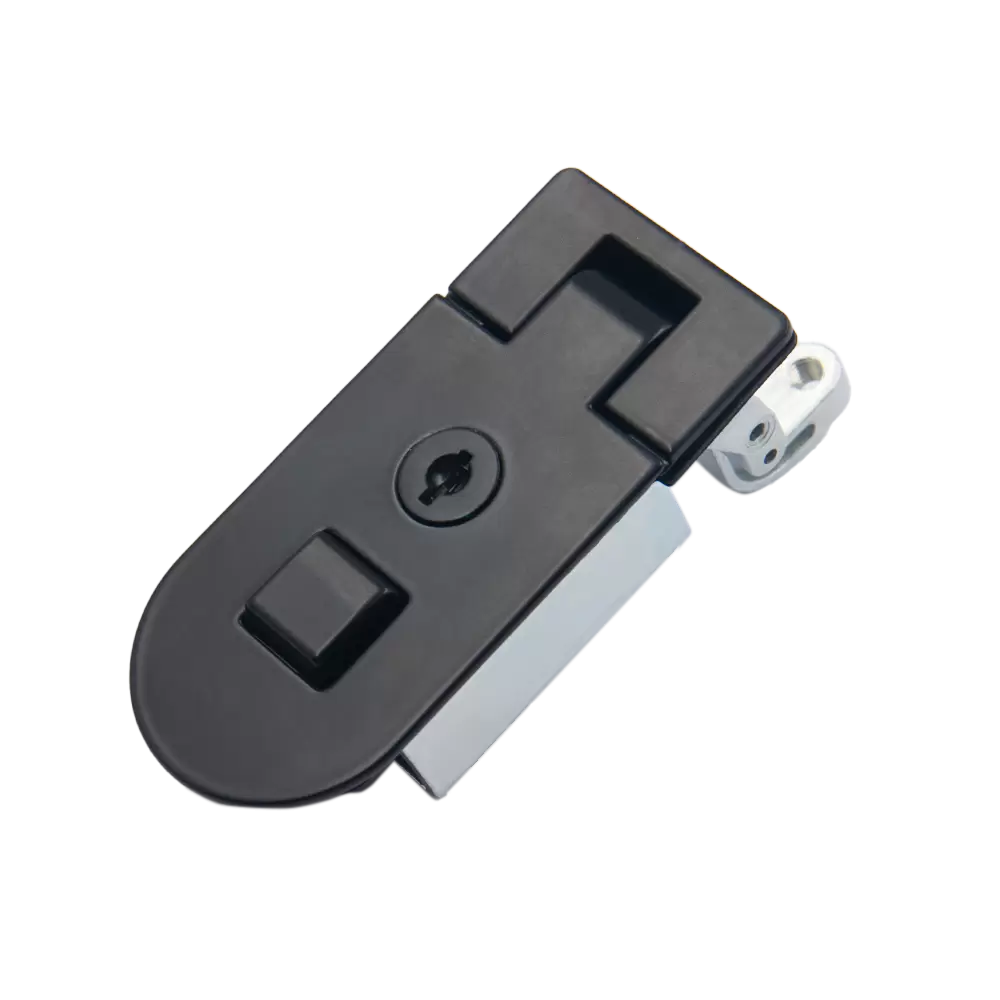In industrial environments, maintaining a balance between operational efficiency and worker safety is essential. One of the most effective ways to achieve this balance is through the implementation of lock control. These mechanisms safeguard critical equipment, ensure compliance with safety regulations, and optimize access management, which is vital in high-risk sectors such as manufacturing, energy, and logistics. Lock control is no longer just a safety measure; it is a core component of efficient operations.

The Core Importance of Lock Control in Industry
The role of lock control extends far beyond simply restricting access. It serves as the backbone of safety protocols, minimizing risks associated with unauthorized access, human error, and hazardous environments. By integrating lock control mechanisms into daily operations, companies can prevent accidents and ensure compliance with strict safety standards.
Preventing Unauthorized Access and Hazards
Industrial facilities often house high-value equipment, sensitive machinery, and hazardous materials that require stringent access controls. Without proper lock control, the risk of accidents, theft, and operational downtime significantly increases. For example, in a chemical processing plant, ensuring that only trained and certified individuals can operate specific machinery is critical to avoiding chemical spills or equipment malfunctions.
Safeguarding Against Human Error
Human error is a significant cause of accidents in industrial settings. Lock control systems act as a safeguard by physically or digitally preventing equipment from being operated under unsafe conditions. For instance, during maintenance or repair work, lockout/tagout devices ensure that machinery cannot be powered on until the work is completed and verified.
Compliance with Safety Standards
Regulatory compliance is a non-negotiable aspect of industrial operations. From OSHA (Occupational Safety and Health Administration) mandates in the United States to similar regulations worldwide, lock control systems are essential for meeting these requirements. They provide physical proof of compliance, such as event logs and audit trails, which demonstrate adherence to lockout/tagout protocols during inspections.
How to Enhance Efficiency with Lock Control
While safety is the primary goal, lock control also brings significant operational benefits. By improving access management and reducing downtime, these systems contribute to a more productive industrial environment.
Streamlining Maintenance Operations
Lock control systems are indispensable during equipment maintenance. By ensuring that machinery cannot be operated until maintenance is complete, these systems prevent accidental activations that could damage equipment or endanger workers. Additionally, centralized lock management systems allow maintenance teams to coordinate their activities more effectively, reducing the time required to perform repairs.
Reducing Operational Downtime
Downtime is a costly issue in industrial operations. Lock control systems minimize downtime by preventing accidents, equipment misuse, and unauthorized access. For example, in an assembly line, ensuring that only authorized personnel can initiate or pause operations helps maintain a steady production flow.
Streamlined Access Control
With centralized lock management systems, industrial facilities can efficiently manage access permissions for hundreds or thousands of locks. Lock control eliminates the need for manual key distribution, saving time and reducing administrative burdens. For example, in a multi-department factory, each department can have predefined access to specific machinery or areas, ensuring that employees can focus on their tasks without unnecessary delays.
Lock control is more than just a safety measure; it is a comprehensive solution that enhances both safety and operational efficiency. By preventing unauthorized access, reducing downtime, and streamlining maintenance processes, these systems play a critical role in modern industrial operations. Whether in manufacturing, energy, or logistics, investing in advanced lock control mechanisms is a strategic decision that yields long-term benefits. With the right systems in place, companies can create safer, more efficient, and more productive working environments, ensuring success in an increasingly competitive industrial landscape.






